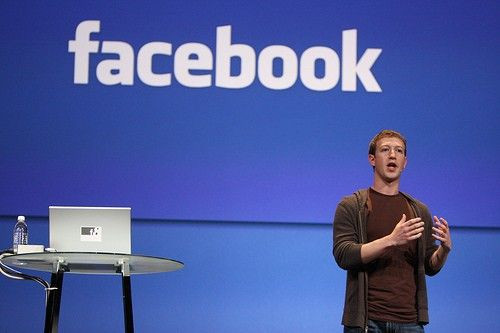Facebook Tracking Faces Possible FTC Investigation

Facebook's practice of tracking users even after logging out may come under federal investigation, according to an article by the Los Angeles Times.
Lawmakers are now urging the Federal Trade Commission to investigate this questionable practice.
The two representatives at the helm of this push are Ed Markey (D-Mass.) and Joe Barton (R-Tex.). They wrote a letter to FTC chairman Jon Leibowitz on Wednesday saying that they are concerned about this monitoring of personal online activities.
When users log out of Facebook, they are under the expectation that Facebook is no longer monitoring their activities. We believe this impression should be the reality, the lawmakers wrote.
The Facebook scrutiny was initially sparked by blogger Nik Cubrilovic. Cubrilovic brought attention to the fact that the new API [real-time apps] allows applications to post status items to your Facebook timeline without a user's intervention.
Logging out of Facebook only will only de-authorize your browser but many cookies still remain and are then sent along to all requests to facebook.com.
So, like a theif in the night (or Santa Claus), Facebook is always watching.
Facebook engineer W. Gregg Stefancik commented back to an L.A. Times article about this issued stating: Like every site on the Internet that personalizes content and tries to provide a secure experience for users, we place cookies on the computer of the user. Three of these cookies on some users' computers included unique identifiers when the user had logged out of Facebook.
He claims that Facebook did not store the identifiers. Facebook's director of engineering, Arturo Bejar, told the Wall Street Journal that full correction to the issue could take a while. The onus is on us is to take all the data and scrub it, he said.
But some, like Markey and Barton, are still not satisfied.
Facebook was able to obtain this information when users visited websites that connect with Facebook, including websites with 'Like' buttons. There are an estimated 905,000 sites that contain the 'Like' button, they wrote.
Cubrilovic wrote his post after reading an article Dave Winer, from scripting.com, wrote saying that Facebook is scaring him.
© Copyright IBTimes 2025. All rights reserved.




















